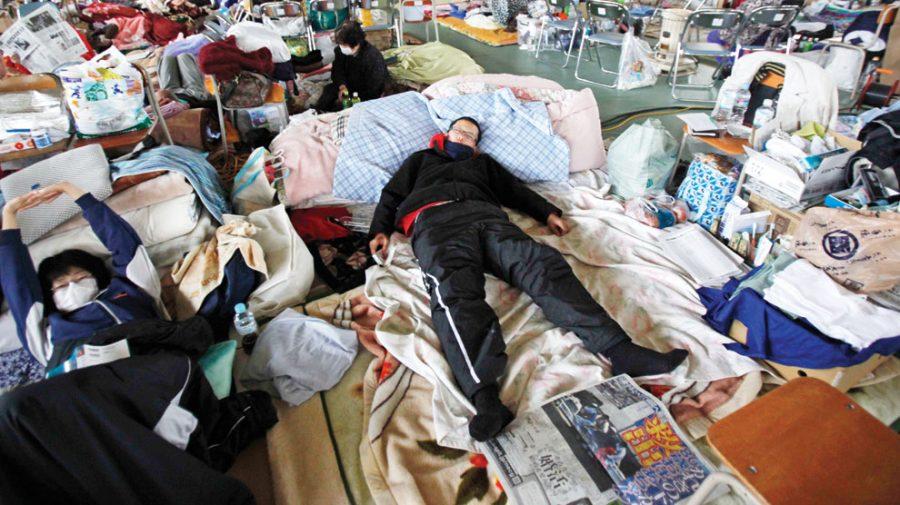University exchange students in Japan are seeing and feeling the effects of the 9.0 magnitude earthquake and tsunami that hit almost two weeks ago and are trying to cope with the changes.
Adrian Morris, a senior majoring in journalism who attends Neiji school in Tokyo as a part of the exchange program with Capstone International, said he thought this earthquake felt different compared to others.
“I was in my dorm in Tokyo, and the earthquake lasted for about five minutes,” Morris said. “We usually have a minor earthquake once a month, and you can always feel the ground shaking and it progressively got worse. You didn’t know where you were standing, and the buildings were waving back and forth.”
Morris said Capstone International asked if everyone was safe and tried to get a headcount of all the exchange students. He said Neiji didn’t start doing anything until French and German students started to leave.
“I was checking the news as far as the U.S. Embassy, but it didn’t say anything until a couple of days ago,” he said. “Before that, there was no warning. I left because the aftershocks and the situation with the nuclear plant were becoming worse and worse every day. The aftershocks were sometimes minor and sometimes big.”
Morris has returned to the United States temporarily but plans to return to Japan on March 31 unless something major prohibits his return.
For some UA students, the news from Japan had more personal ramifications.
Yuria Igarashi, a sophomore exchange student from Tokyo, said although she is from a region that was not directly affected by the earthquake in Japan, she has spoken with friends who lived in the northern region.
“Even days later, my friend’s friend is still missing,” Igarashi said.
She said her family has not seen many of the effects of the earthquake, but they have noticed other issues, including the low availability of groceries.
Morris said he thinks the spread of panic filtered throughout Japan, and he also noticed the emptiness of the grocery aisles.
“We had our little family in the international house, but there were only about 20 of us left,” he said. “More people started leaving, and it became a ghost town. You went to the store – there were no eggs, water or milk and stores shelves were empty. There’s no need to stock up. It was eerie and a ghost town.”
Igarashi, a member of the UA Japan Club, coordinated the idea with club members to help organize a relief effort at the University to help the situation over in Japan.
“We will be tabling for a week and possibly longer in the Ferguson Center starting on Wednesday from 10-4 p.m. to obtain donations for Japan,” she said.
Connor McCarty, director of public relations for the UA Japan Club said that people can donate cash, check or through Bama Cash. The donations will benefit the Japan Red Cross Society.
“In addition to the donations, we are also going to have a letter writing campaign where persons can have the chance to directly affect someone over in Japan through encouraging words,” he said. “Spring Break happened at a bad time for us to be able to immediately begin fundraising to aid this issue, but we wanted to come back and definitely hit the ground running.”
The letters can be written in English, and the club will send them to an organization that will translate and mail them.
“While this did happen abroad, we have to remember that UA is such an international community, and this has affected students here who are from Japan or who have friends there,” he said.
The UA Japan Club is planning additional fundraising opportunities and will possibly partner with local restaurants that may offer proceeds from food purchases as donations.
McCarty said the most important thing at this time is to aid with the improvement of Japan and get these people what they need.
“Suddenly, they have nothing,” he said. “We want to help to get them [money] to aid with food and shelter and most of all, through the letters, we want to give them hope.”








